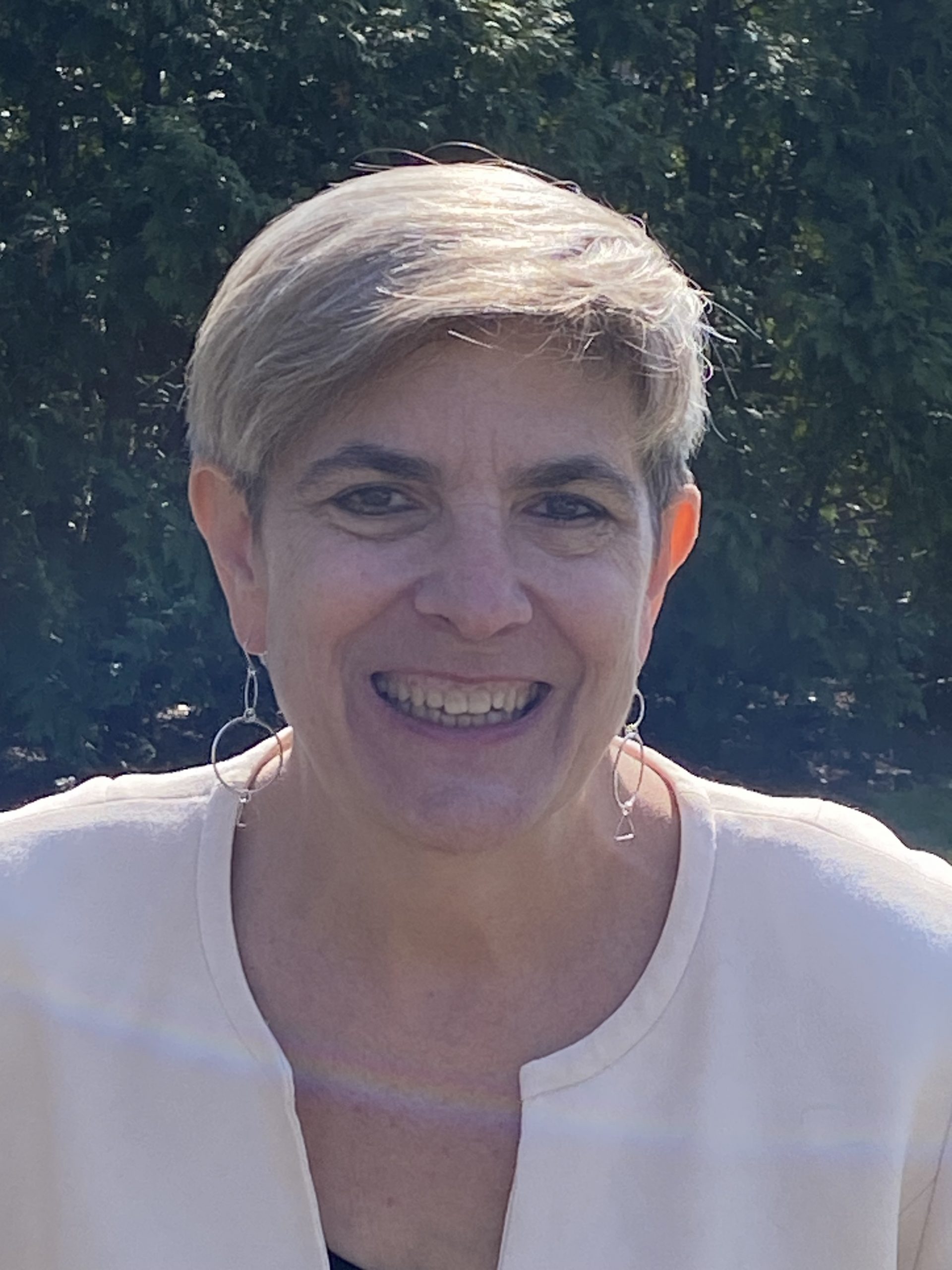Rachel S. Mikva
Professor Mikva served as a congregational rabbi for thirteen years before returning to academia. Her research and teaching focus on interpretation of the Hebrew Bible in various times and places, exploring how the ideas both shape and reflect the societies in which they unfold. She is especially interested in the intersections of exegesis, culture and ethics.
The most profound truths are not simple ones, and they often live in dialectical tension with other truths. Pursuit of justice is essential, but the equally compelling call to mercy sometimes (gently) pushes justice aside. Freedom is a God-given right, but freedom without commitment and purpose leaves us rootless. Peace is our perpetual desire, even as we sometimes decide we must fight. We also live with the breathtaking and terrifying knowledge that religious passion is a catalyst for great good, but all too often is wielded as a weapon.
“Much of rabbinic literature is devoted to exploring these tensions, trying to sketch the limits of our ideas so they don’t become dangerous absolutes. There is a Divine standard, but it has always been mediated humanly. The fact that the Hebrew Bible itself did not become Scripture before it had already begun to be multiply interpreted should help us see that it is the ongoing search for meaning that makes for a holy text. We search together in community and help each other reach toward the Divine call. In this journey, we find religious inspiration and guidance. It marks a path to redemption.”
Education:
- AB, Stanford University, 1982
- MA, Rabbinic Ordination, Hebrew Union College-Jewish Institute of Religion, 1990
- PhD, Jewish Theological Seminary, 2008
Sample Courses:
- Dangerous Religious Ideas in Judaism, Christianity and Islam
- History of Jewish Thought
- Interpreting the Hebrew Bible II
- Introduction to Interreligious Engagement
- Loss and Healing in the Bible and Rabbinic Literature
- Sacred Storytelling: Story and Religious Imagination in Judaism, Christianity and Islam
- Living, Breathing Judaisms
- Ruether, Lorde, Plaskow, Wadud
